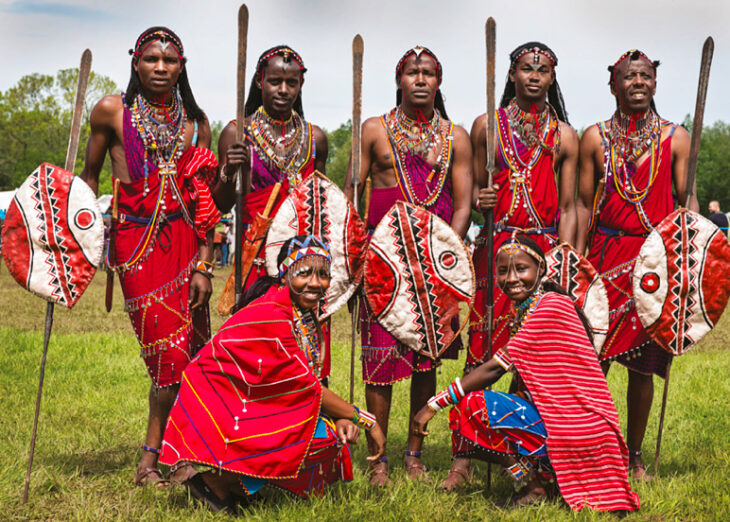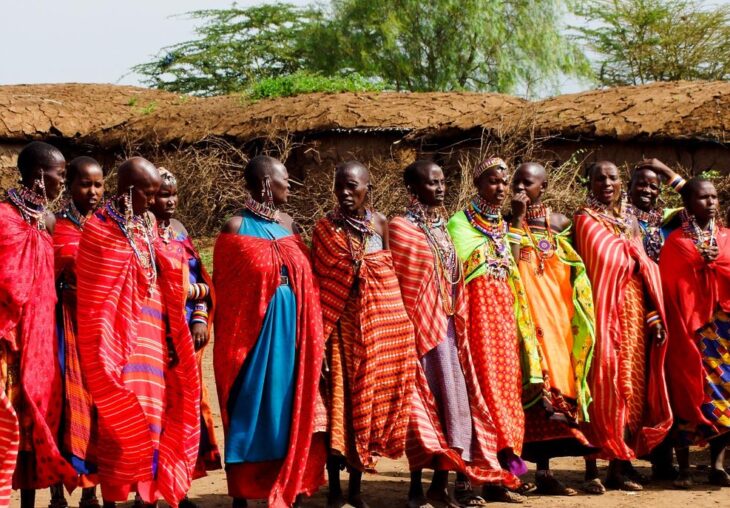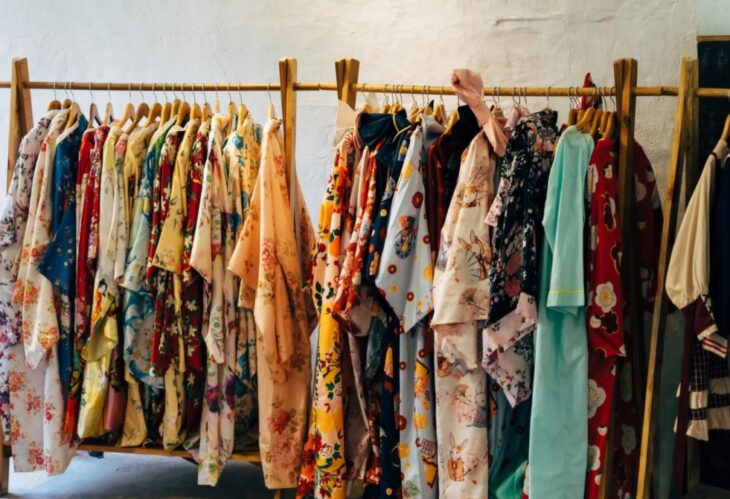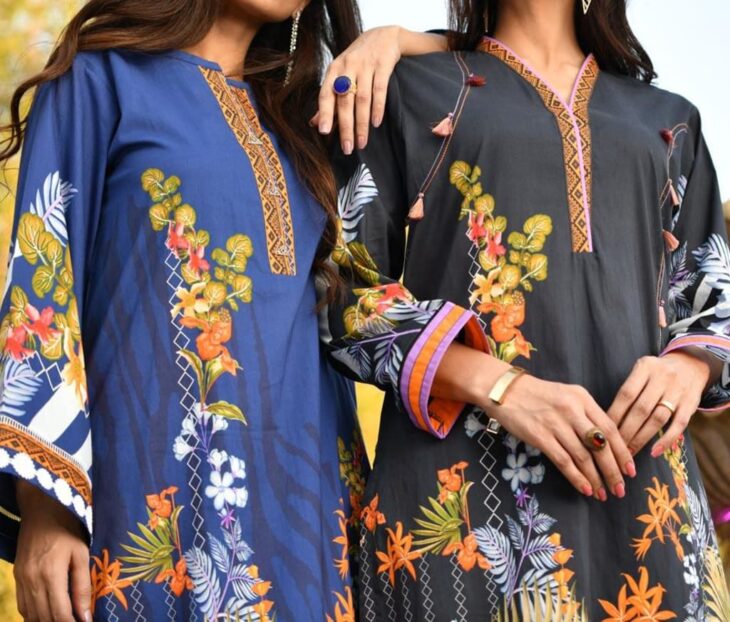African culture is one of the most exquisite cultures in the world. But the main question is, what makes it elegant? Well, African clothing is one of the reasons behind the same. You might be surprised to know that there are different types of apparel in African culture. They have hidden meanings in them. Are you curious to learn everything about African clothing? If yes, you are in the right place. In this article, we will discuss all the necessary information regarding the same.
Nowadays, many people are interested in buying African culture-inspired clothes. The best thing is that they look amazing on anyone. Various websites provide stylish clothes, especially for people who love African culture. But you need to research the online store before buying anything from them. One of the most reliable sites is blackmerch.co. They offer high-quality and unique garments to people and that too at affordable rates.
You will never be disappointed with their products. You can visit their site to know more about them in detail. In Africa, different tribes wear different styles of dresses. Also, the fabric is not the same for every garment. However, colonization has now influenced their apparel in various ways. You can easily recognize the difference between clothing before and after colonization in Africa.
Still, it is a pretty challenging task to find the whole history of African clothing. You may ask, why? Unfortunately, there is not enough evidence to present the history of the same to people. We can only understand the things that historians have collected regarding it. If you are interested, keep reading this article till the end. No wonder you might come across something you have wanted to know for so long. So, let’s get into it without further ado.
Contents
What is the history of African clothing?

Source: masai-mara-bookings.com
It is essential to start learning the basics first. You can look at the following points to understand precisely-
- Apron for men and wraps for women: You might already know that Africa has a warm climate. People living in this always prefer loose garments that don’t absorb sunlight. Men were always seen with an apron, while women used to wear wraps.
- Jewelry and accessories: People in Africa made jewels with the help of natural things such as seashells, eggshell pieces, feathers, and more. These types of accessories are now coming into the trend, and that is surprising. You will probably have seen them in local markets and even big shops.
- Tribal clothes: As for tribal clothes, African people liked to make printed garments. They used cotton in all these clothes. As for design, they either dyed the fabric or embroidered some intricate art on the fabric. Through women’s tribal garments, modern people got inspired to make long skirts and got some dress ideas.
- Modern apparel: Modern African clothes include kaftans. Both men and women wear Kaftans in modern times. It is considered one of the most popular dresses in Africa. There are some modifications as well with the overall attire. The people made these changes with time.
Ankara is another famous African outfit. The color pattern of the cloth attracts people the most. Many designer brands are now manufacturing garments made from this vibrant cloth. You will also find handbags, hats, decor products, shoes, and more.

Source: deviantart.com
As we mentioned before, you will find a variety of colors in the traditional wear of Africa. The surprising thing is all the colors have hidden meanings. Maybe that is the reason why many people prefer buying African clothes. The demand has significantly increased in the past few years globally.
Now, these types of designer garments are available anywhere. In other words, you can find suitable apparel at any online or offline store. As for colors, there are five colors used in African clothing. Every color signifies something. Let’s look at their meanings to understand their importance precisely-
- Gold: People used Gold color in the dresses to signify abundance. This color has a significant role in African people’s lives.
- Red: You might already know the meaning behind red color. It symbolizes violence and tension in both the spiritual and political world.
- Blue: Blue, the color of the sky, signifies peace and happiness. Blue African clothing has its importance in their tradition.
- White: The white color is the purest, and hence it symbolizes purity.
- Green: Green is the color of nature. Nature gives us so much without receiving anything in return. So, it is the symbol of abundance.
Why is the African clothing business growing at a fast rate?
There is indeed something that makes people want African designer garments. That is why more and more people search for the same. You will be astonished to know that there is an increase in the number of internet searches for African tribal clothing.
More garments businesses

Source: fincyte.com
Many people from Africa are now starting fashion-focused companies to gain attention from people worldwide. Their only aim is to attract other people to their traditional wear. As many people have now forgotten the culture, clothes are a way to bring someone back to their roots, which you can see more at wothappen.
The fashion industry is always on the rise. Nowadays, in social media, everyone wants to wear fashionable and unique clothes to become famous. Even celebrities also represent their culture through clothes.

Source: inc.com
Social media has made fashion-focused businesses more convenient. It doesn’t matter if you are a beginner or an expert in the fashion industry. Anyone can open up a business and create an account on reliable platforms to increase their sales. The internet world works in this way. People can make anything popular just by sharing, liking, and commenting on the post.
Western fashion is getting influenced

Source: vocal.media
You might have seen plenty of fashion shows showcasing African designs in western clothes. It will continue to grow in the future.
The Bottom Line
In the end, we would like to say that there is immense importance of African clothing in their culture. One has to go back and understand how it became significant with time. We hope you found this article helpful and informative.
